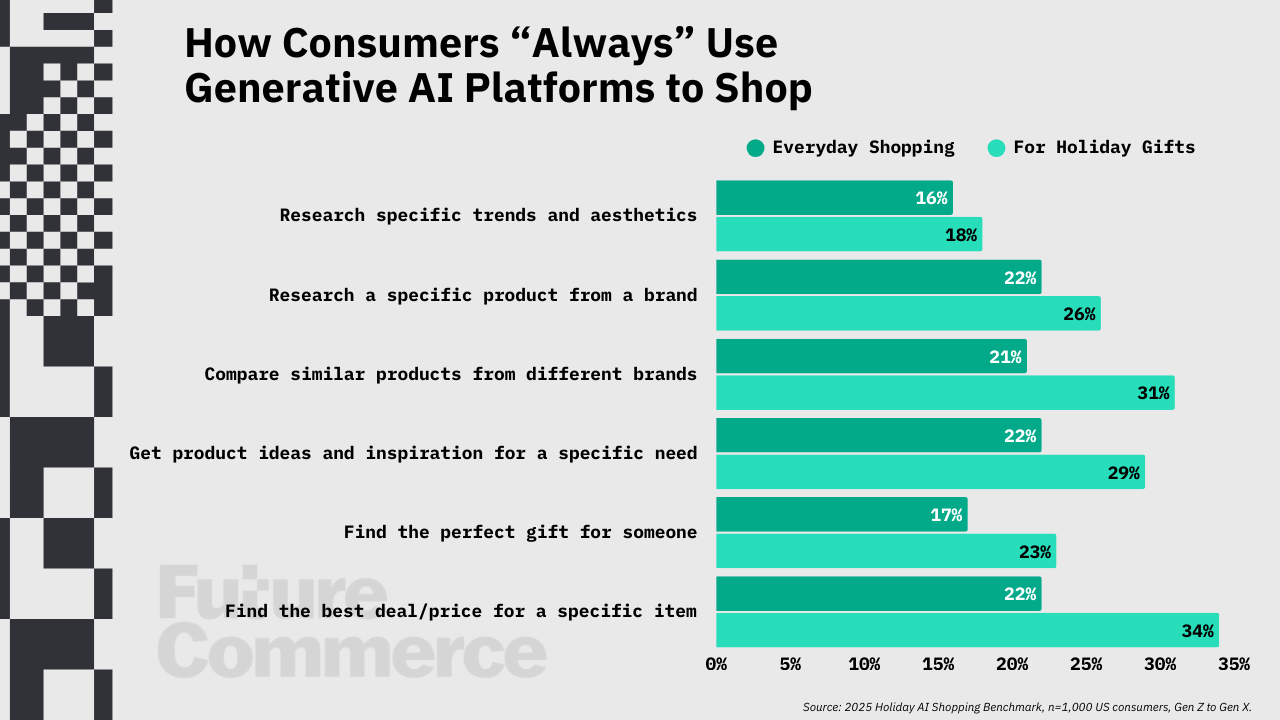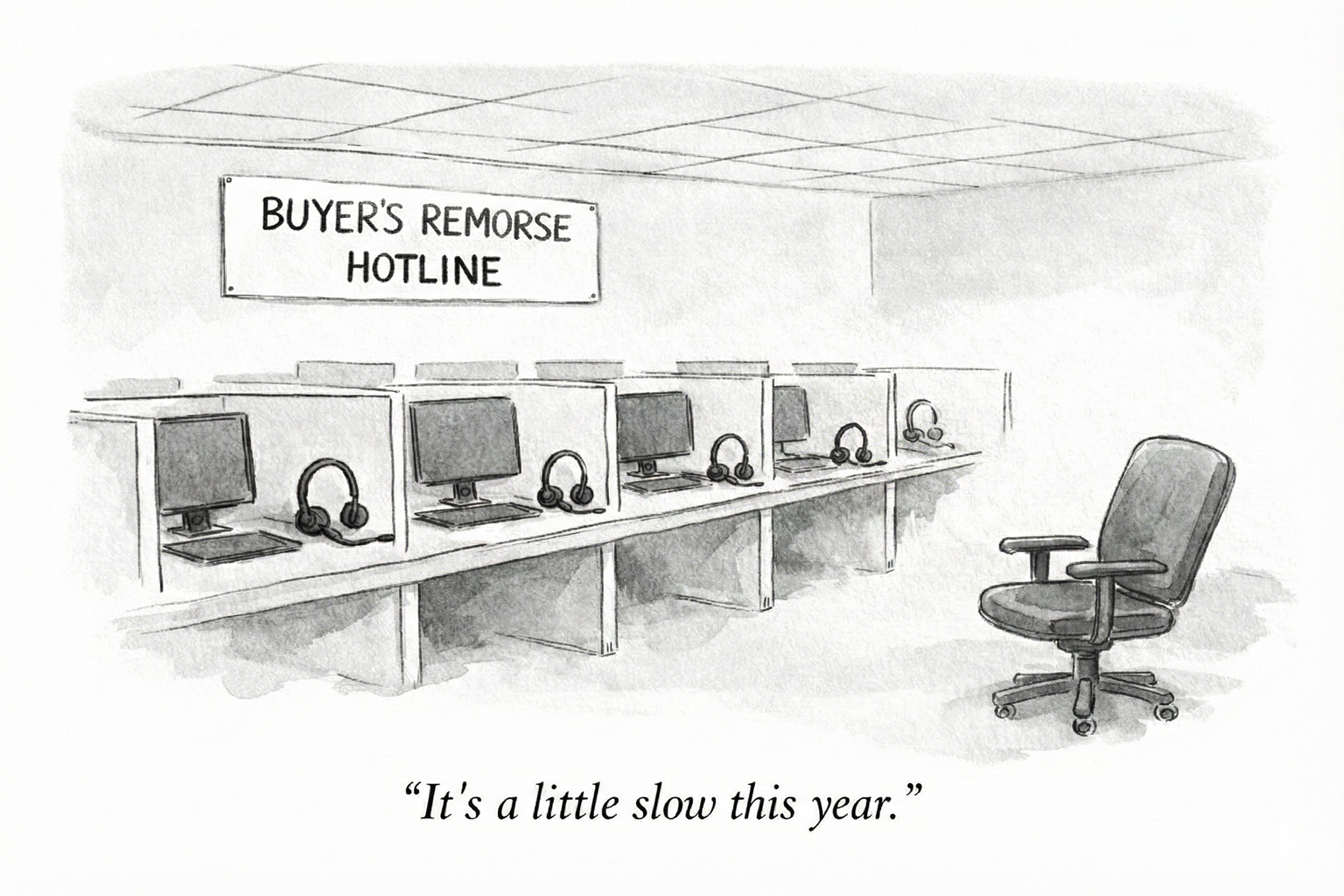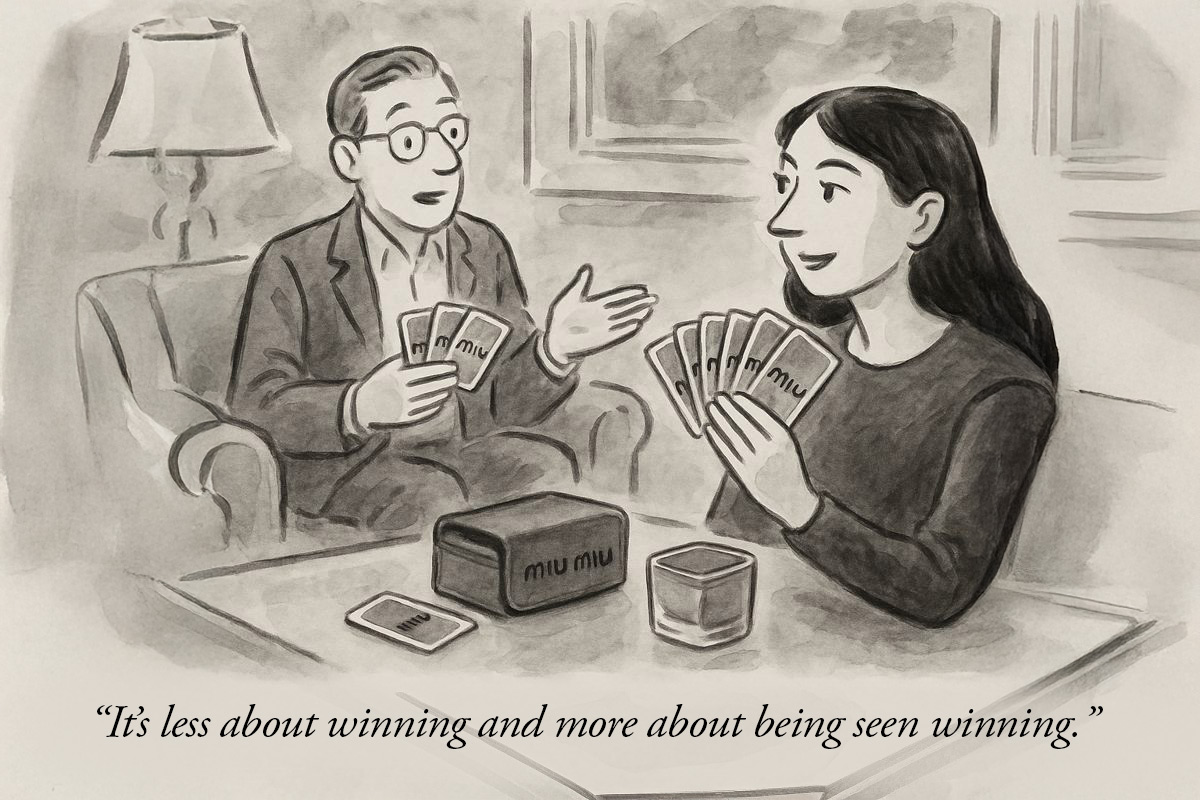
“Super Bowel Monday” is Late Capitalism in Action



New Luxury / But Why Do I Want This? Daniel Arsham has made a co-branded basketball for NBA All-Star Weekend, with Tiffany & Co. in their famous blue. It will be available for $575 and we can’t understand why this seems so reasonable.
The New Dadaists / Super BOWEL Monday. Tushy bidet company ran a Super Bowel Monday sweepstakes where contestants could win $10K by sending in photos of their poo, adding “bonus points if you tell us what food it used to be.” People actually did this. Was Idiocracy sci-satire or was it futurism?
Editor’s note: this is the convergence of The New Dada, our seminal piece which foretells brands as the new performance artists, and a regressive form of Late Capitalism, which asks consumers to perform increasingly demeaning acts in order to engage in commerce.
PhELONthropy. Elon Musk reported charitable donations of $5.7 billion in Tesla shares last year. No recipient was named and the filing, and while contributions like these are not historically something seen from the world’s wealthiest person, sales of over $16 billion in November and December 2021 (and ensuing tax bills) were likely a motivator towards such generosity.
More Sights & Sounds. Small businesses are struggling with shoplifting increases since 2019, and getting creative with ways to deal with it. Tapestry reports almost triple holiday quarter digital sales versus pre-pandemic numbers. Sally Hansen is launching a free AR nail polish color testing tool on their website. Victoria Secret is diving into the metaverse. The company filed trademarks to sell virtual undergarments, fashion accessories, and more. There is a new Wordle type game, and also the NYT Is literally killing the fun in Wordle, making Twitter freak out. The New Zealand government is deploying music as their weapon of choice against a convoy of trucking protesters at parliament inspired by Canada’s vaccine mandate protests. Their armory consists of Barry Manilow’s greatest hits, the Macarena on repeat, and Baby Shark (Doo Doo Doo).

Covid’s Fashion Fallout. Top Levi’s executive, Jennifer Sey, has resigned after 20 years with the company over a clash in views on Covid restrictions.
Helicopter Hype-cycling. While most young kids don’t really care what they wear, as long as it’s comfy (and occasionally has a cape), parents are increasingly willing to pay high prices to outfit their darling mini-me’s in limited edition streetwear. Parents who wanted Jordans and Starter jackets when they were young are making sure their kids have the equivalent now.

The Great Avocado Shortage. We really don’t like being the bearers of this kind of bad news, but our favorite “healthy fat” green fruit will likely be a lot harder to come by in the coming weeks. The U.S. has placed a temporary ban on importing avocados from Mexico after a safety worker was verbally threatened. Somewhere around 80 percent of U.S. avocados come from Mexico, and fast food chains, such as Chipotle may begin to have supply issues, depending on how long the suspension lasts. In response, our Director of Ops said, “Florida & Texas should just start growing avocados, honestly.”
More Palate news. Dr. Pepper is introducing a limited time new flavor, available only to Pepper Perks members. And literally no one was asking for it, but Hostess has come through with caffeinated donuts. To this, our Director of Ops said, “What's wrong with just a donut and coffee?” Also, just enjoy this great Twitter thread on the “unbundling” of the chocolate chip cookie.

Ex-orbit-ant costs. SpaceX has plans to send up to 30,000 satellites into space as part of its expansion of Starlink, the company’s high-speed internet service. Boeing and other companies have also expressed interest in launching their own satellites. There is no currently recognized global regulator for orbital congestion, but NASA is getting concerned with the increased potential for collisions close to earth’s orbit.
And speaking of social responsibility, a new report is showing that many corporate climate plans are failing to live up to promises and showing “little sense of urgency.”
Perma-hoarding. When the pandemic began, American shoppers began buying food staples and bulk products at an increased rate, supplying their pantries with more backstock than they had previously. And for good reason. Toilet paper was and still is bae. We are two years in now, though, and sales data shows the trend is becoming less of a trend and more of a norm. People are still stockpiling goods, cooking and eating at home, and being cautious with how low their supplies get.











.svg)
